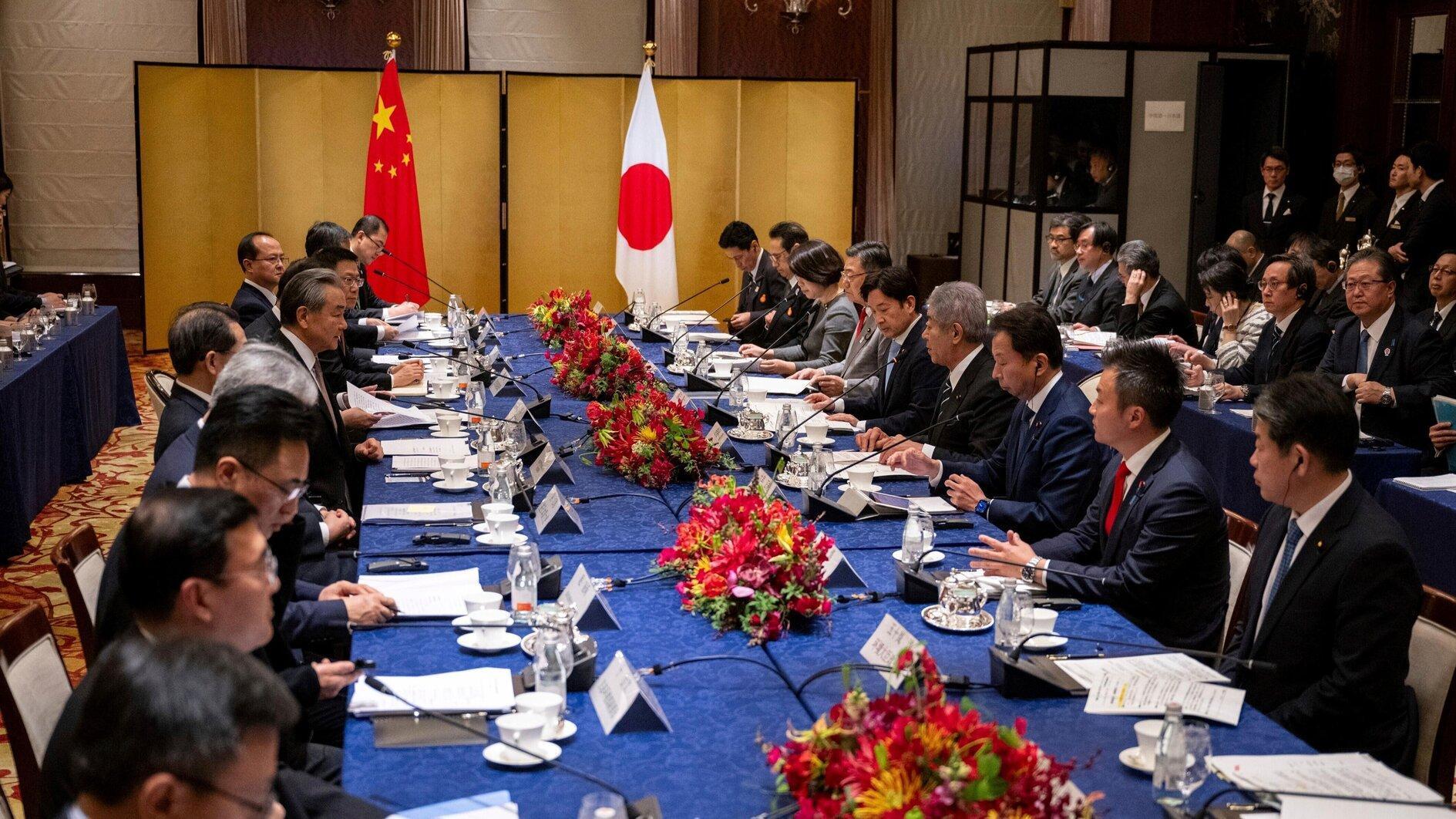The end of Turkey’s EU bid
Turkey’s EU membership dream has come to an anticlimactic end. This is even more apparent after President Recep Tayyip Erdoğan’s visit to Paris last week. President Emmanuel Macron did not mince his words when he publicly announced that there was no way Turkey could join the EU given the current state of Turkish democracy.
Instead he proposed a new relationship between Ankara and the EU. One that amounts to a special partnership for Turkey but keeps it anchored in Europe. There is nothing new in this suggestion of course. France and Germany have been pushing this for a decade now.
Ankara, however, has insisted that it will settle for nothing short of full membership, and has called on the EU persistently to honor its commitments to Turkey in this regard.
It is more than clear that Europe rarely acted within the spirit of its commitment to Ankara after it agreed to accept Turkey as a candidate country and opened membership talks with it.
As soon as those talks started, France in particular – under Nicolas Sarkozy – began to back-pedal and say Turkey was not a European country and could never become an EU member, even though Paris had accepted Ankara’s candidacy and endorsed the opening of membership talks. Germany’s position was more or less similar. Chancellor Angela Merkel said she would let membership talks go ahead, for the sake of past commitments, but on the condition that talks were “open ended.” This meant in effect that membership was not guaranteed even if the negotiations were concluded successfully. Turkey, however, was also disingenuous about EU membership, especially regarding the necessary democratic reforms. Many have argued that these reforms should not be seen as concessions to Europe, but as major gains for the country itself, designed to increase Turkey’s international prestige, even if they did not result in EU membership. Ankara acted, however, as if to say: “If you don’t give me membership then there is no need for me to push for advanced democratic reforms.” In other words, advancing democracy and human rights was seen as a quid pro quo for EU membership.
One cannot entirely blame the ruling Justice and Development Party (AKP) either, even if the party has been in government since 2002. The same understanding existed under previous governments, who sought EU membership as a matter of prestige, rather than as a means to advance Turkish democracy.
Their argument was that Ankara would fulfill its commitments regarding democracy and human rights after EU membership. In the meantime Turkey needed special dispensation prior to membership to fight terrorism and deal with the unique threats emanating from its delicate position on the map.
The state of Turkey’s democracy today is as bad, and in many cases much worse than it was in the past. Any sensible person can see that Ankara’s EU bid, regardless of how much resistance there is to it in Europe, has no hope of moving ahead under these circumstances. It is also clear that the present government cannot introduce reforms to advance democracy and human rights without loosening its hold on power. This is clearly why it is not too perturbed over the fact that Turkey’s EU bid has effectively ended. The current administration is clearly happy enough to deal with Europe from the position of a third rate democracy, because this comes free of the encumbrances posed by the democratic criteria Ankara would need to fulfill for EU membership. The European side, for its part, is also happy over this arrangement, because good ties with a Turkey that has no hope of joining the EU, but which continues to deal with Europe over practical issues, is the best arrangement it could dream of. As the Turkish saying goes, both the buyer and the seller are happy enough under this arrangement.











